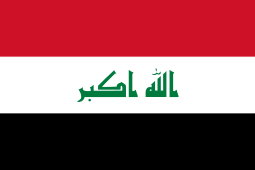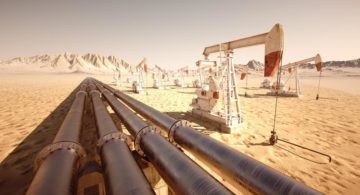The Future of Iraq: Democracy or Oilocracy

Anas Alhajji
You will know the value of the article when you realize that it was written and published immediately after the invasion of Iraq in 2003. The article highlights the idea that the biggest failure of the Bush Administration was not the decision to invade Iraq, but what they did not do after the invasion. Unfortunately, what were predictions then become reality!
Democracy in Iraq requires limits on Iraqi oil exports and diversification of Iraq’s economy.
The Bush administration should not repeat the mistake that the major oil-producing countries have always made, that is, to make Iraq dependent on oil revenues.
Anas Alhajji
The Bush Administration and neo-conservatives base their hope for Iraqi reconstruction on reviving the nation’s oil sector. But if history is any guide, Iraq’s best hope lies in limiting its oil production or even forgetting the oil sector. Paradoxically, the best way to assure democracy and peace in Iraq would be to leave the black gold in the ground. Those who are in charge of reconstruction should not rush to get the oil fields up and running. Self-sustaining democracy demands self-sustaining development. Both democracy and development require a diversified economic base that is free from dependence on oil exports.
Diversification of Iraq’s economy will also benefit the Bush
Administration. It will show the world that oil was not the main objective of the invasion if it limits oil production and focuses on the other sectors of the economy. The continued focus on increasing Iraqi oil production makes it appear that the administration is only interested in Iraqi oil and that oil is the only solution to Iraq’s problems. Economic diversification would accelerate recovery and create diverse opportunities for various American businesses and would not limit the benefits to construction and oil companies.
Money from oil exports is badly needed to build a new, democratic Iraq. We know that the Iraqi people need food, clean water, basic health services, electricity, civil services, and employment opportunities. But is it true that an increase in Iraq’s oil production capacity is the best way to serve the Iraqi people? Will the Bush administration promote a sustainable democracy in Iraq by increasing its dependence on oil exports? Will the Bush administration miss a historic opportunity to transform Iraq from a one-resource economy to a diversified one? Conservatives would do well to remember that reliance on oil as the main source of income has devastated several oil producing countries such as Venezuela and Nigeria. Dependence on oil does not lead to genuine economic development. Iraq’s dependence on oil revenues transformed Iraq from a food exporter to a net importer of food. Have conservative policy makers forgotten the “Dutch
Disease” that commonly plagues the oil exporting countries? All the major oil-exporting countries in the developing world suffer from dictatorship, corruption, war, and human rights abuse. Oil was the secret of Saddam Hussein’s rise and dominance in Iraq. Isn’t it time to focus on income diversification in Iraq?
Seventy years of substantial oil revenues did little for Iraq’s development or its people. Oil wealth paved the way to debt, inflation, budget deficits, low economic growth, political instability, human rights abuse, and dictatorship. Oil revenues produced no appreciable changes in the economic and social structure of Iraq. Investment in petrochemical industries, refineries, and other capital-intensive oil industries has not produced sufficient activity to decrease the country’s dependence on oil and strengthen its non-oil sector. On the contrary, the oil sector caused severe problems in the economy by decreasing productivity in all other sectors. Even in the relatively prosperous 1960s and 1970s, productivity in agriculture and industry remained extremely low despite heavy investment of oil revenues in these sectors. Acreage under cultivation has declined steadily and factories persistently operated far below their capacity.
The oil and petrochemical industries are naturally capital-intensive. They provide work for only a small number of people. Even a large increase in Iraq’s oil production capacity would not lead to a proportional increase in employment. The government of Saddam Hussein disguised unemployment by directing hundreds of thousands of young men into the military. The army of the new, democratic Iraq will be much smaller. Where will the rest work? Only economic diversification can create jobs for those people. Iraq’s future unemployment problem is so severe that it is likely to undercut the plans of the Bush administration. About half of the current population is under 18 years of age. Millions of young people will need jobs in the next few years. Unemployment in Iraq will be a major source of instability and a threat to democracy. Only economic diversification can eliminate that threat.
Iraq has all the ingredients for economic success, but it needs the right recipe and the right chef. Iraq can be transformed into the IT leader of the Middle East, an industrial center and an agricultural exporter. It could even develop a world-class service economy. It has prestigious universities and a workforce with diverse education and experience. In addition, a significant number of Iraqis have studied and worked in the West. They are now eager to serve their country. Iraq’s location, history, culture, and ethnic and religious diversity can play vital roles in achieving economic diversity. Someone has to start the process.
Only the Bush administration can achieve the diversification of Iraq’s economy at this time. Neither foreign investors nor international institutions have an immediate interest in diversification. Any future Iraqi government will be under great pressure to increase oil exports and increase its dependence on the oil sector in order to meet the needs of the country. Foreign investors are interested in Iraq’s lucrative oil sector and have no desire to promote economic diversification. Foreign banks and financial institutions will seek financial deals backed by Iraqi oil assets, a situation that will increase Iraq’s dependence on oil. The World Bank and the International Monetary Fund will focus on reconstruction and debt service, which will only intensify Iraq’s need for oil revenues. It is unlikely that a new Iraqi government will focus on income diversification. Even a newly democratic Iraq may fall into the trap of oil dependence. Most Iraqi politicians will be under pressure to fulfill their campaign promises. For the most part, these promises will require aid of oil revenues, which will only increase Iraq’s dependence on oil exports.
The Bush administration can initiate diversification to achieve sustainable democracy. Indeed, the administration owes the Iraqi people a prosperous democratic country. Failure to deliver will render the US “liberation” of Iraq meaningless. In a few years people will look at Operation Iraqi Freedom as one of the biggest blunders in US history.
Only a diversified economy can make good on the Bush Administration’s promise to Iraq. The US has no to choice but to limit Iraq’s oil production and diversify its economy before a new Saddam Hussein sneaks into power. Diversification is the kind of “preemptive strike” that will prevent future dictators from taking over Iraq. Iraq is in an ideal position today to engage in diversification and genuine development. To concentrate on the oil industry alone is to suppose that democracy can wait. Oil will not naturally and spontaneously lead to a diverse economy. Diversification may limit oil production, but the US has a historic opportunity to plant the seeds of diversification and with them the seeds of self-government and a sustainable prosperity in Iraq.











I agree with you dr Anas That the number of job creation in oil sector is much less than that of alternarive energy sectors like solar, winds etc. More people would be engaged in the countinous maintenance, and installation of equipments in alternative energies as compared to oil production (automated processes). Diversified economies are much better for sustainability, job creation, and democracy. However, can you list any example from history, where an occupier of a country was interested in the prosperity of the occupied country?